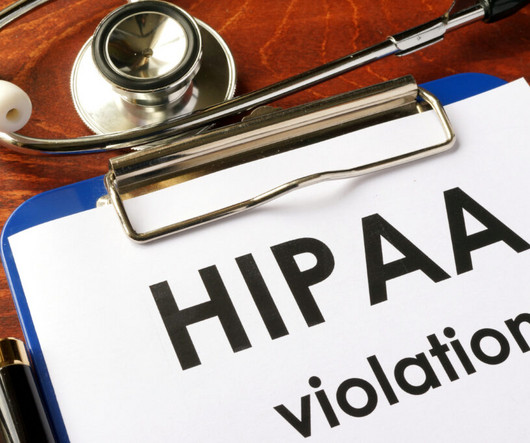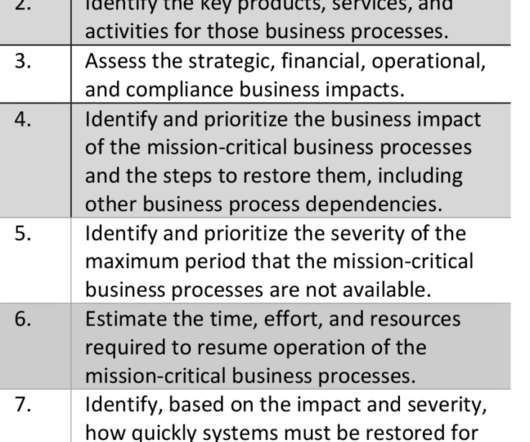How to Get Executive Support for Your Next Information Governance Initiative
AIIM
NOVEMBER 23, 2021
As we engaged in a bit of Socratic dialogue, it became clear to us all that the perceived role of information governance had to shift from a singular focus on risk and cost reduction. How to Create an Information Governance Strategy Your Executives Care About. Create a risk/value framework. If so, don't lose hope.
























Let's personalize your content